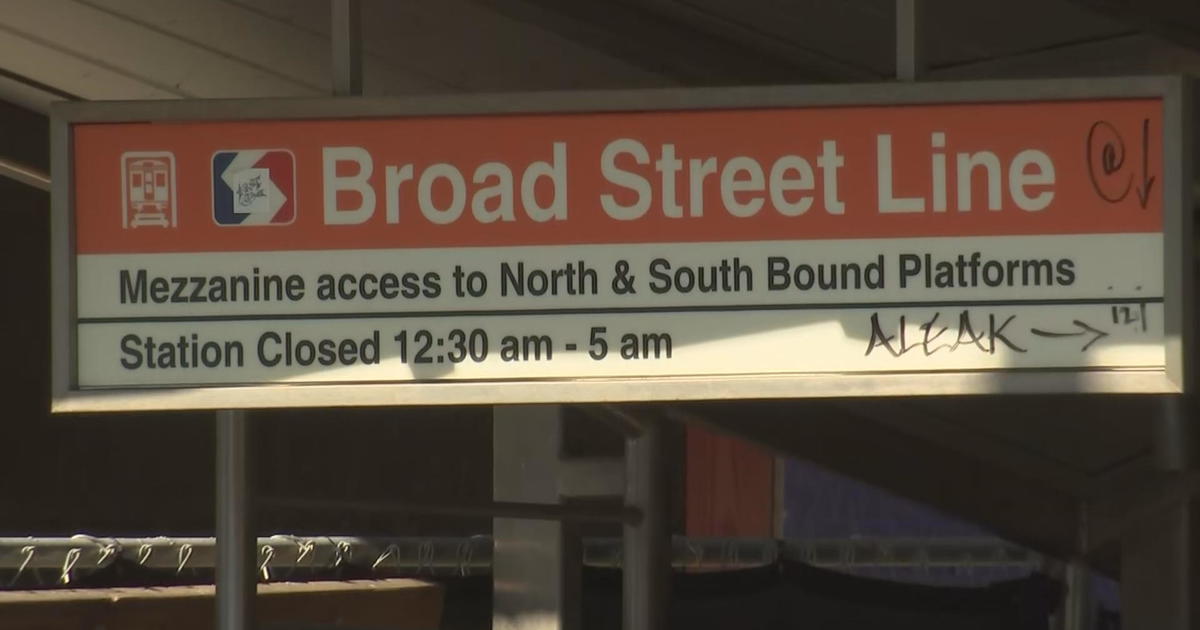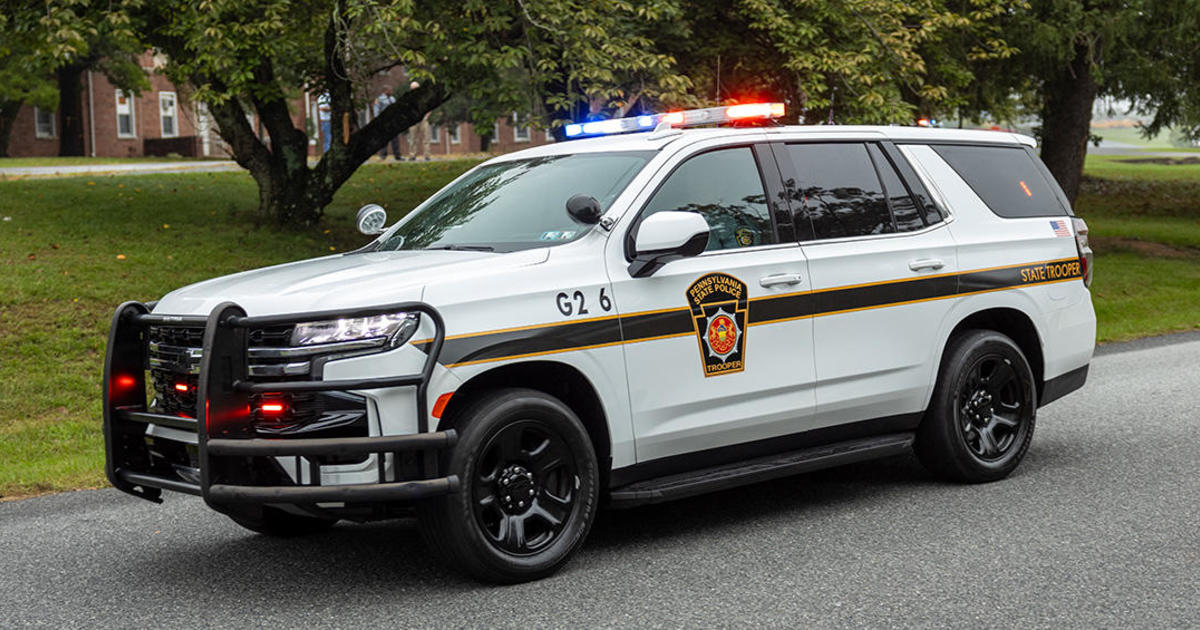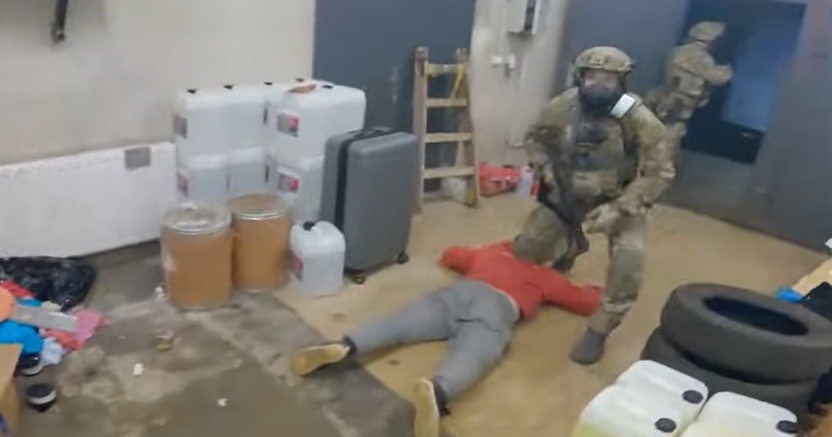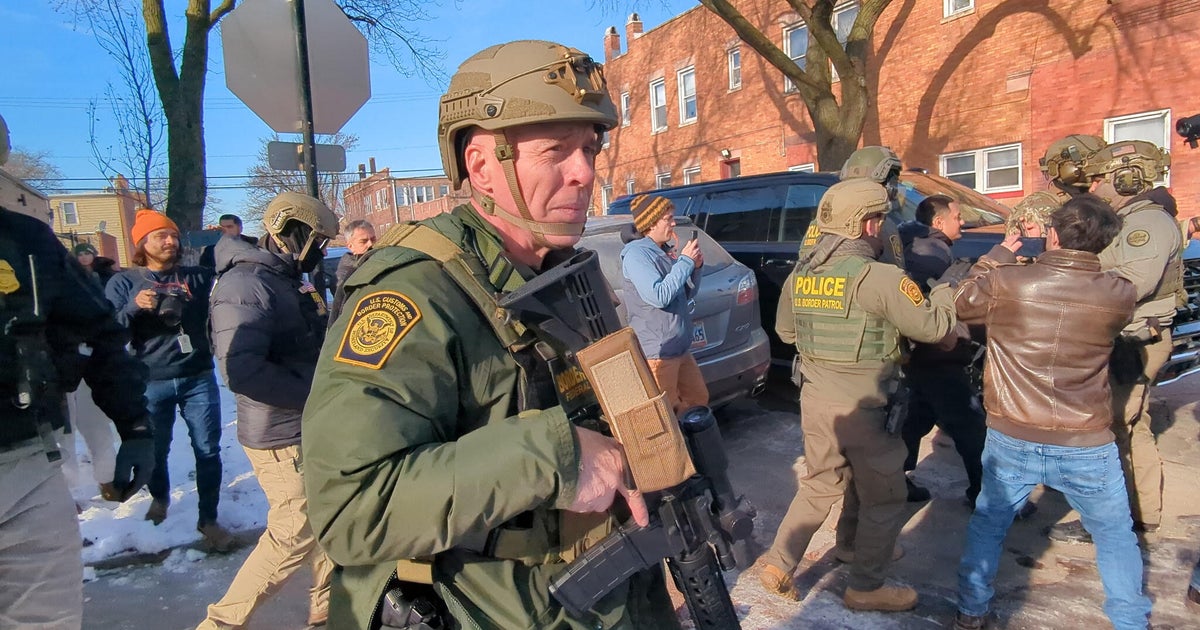4 Northeast States Stand Together Against Heroin Trafficking
ALBANY, N.Y. (AP) — Four Northeastern states have agreed to collaborate in investigations of heroin trafficking that often cross state lines, authorities said Wednesday.
New York Attorney General Eric Schneiderman and Pennsylvania Attorney General Kathleen Kane said their coalition so far also includes New Jersey and Massachusetts. Other states in the Northeast and mid-Atlantic regions are expected to join within the next few weeks.
"The drug dealers don't stop at the state border, and with this partnership, neither will law enforcement," Kane said.
Schneiderman said 98 percent of the large-scale heroin trafficking cases prosecuted by his office have involved drugs moving among the four states and traffickers have been able to "outmaneuver" authorities by crossing jurisdictions.
The New York Attorney General's Organized Crime Task Force, with offices in Buffalo, Syracuse, Albany and White Plains, has arrested more than 400 people in dozens of trafficking investigations since 2007. Roundups often involved 20 to 40 defendants. While those investigators can reach across state lines to arrest people committing crimes in New York, their reach doesn't extend to criminal elements trafficking in other states.
The task force members have agreed to share information, which could include identification of traffickers, stash houses and phone numbers gathered from wiretaps, informants and cooperating witnesses. The task force is intended to create the formal framework for sharing information, which investigators may now do informally.
According to the attorneys general, skyrocketing demand for heroin and higher profit margins for traffickers are now driving the trade. They noted that the two largest cities on the East Coast with a combined population over 10 million people, New York City and Philadelphia, are the two primary points for heroin trafficking in the Northeast.
In New Jersey, the number of people seeking treatment for heroin abuse exceeded 25,000 in 2012, they said. Massachusetts declared a public health emergency in March from heroin overdoses and opioid addiction.
Also Wednesday, the nation's drug czar is going to Maine to lead a town hall discussion on opioid abuse.
Michael Botticelli, acting director of the White House's Office of National Drug Control Policy, is traveling to Bangor for the evening event. He is expected to announce a grant aimed at targeting opioid abuse.
(Copyright 2014 The Associated Press. All rights reserved. This material may not be published, broadcast, rewritten or redistributed.)







